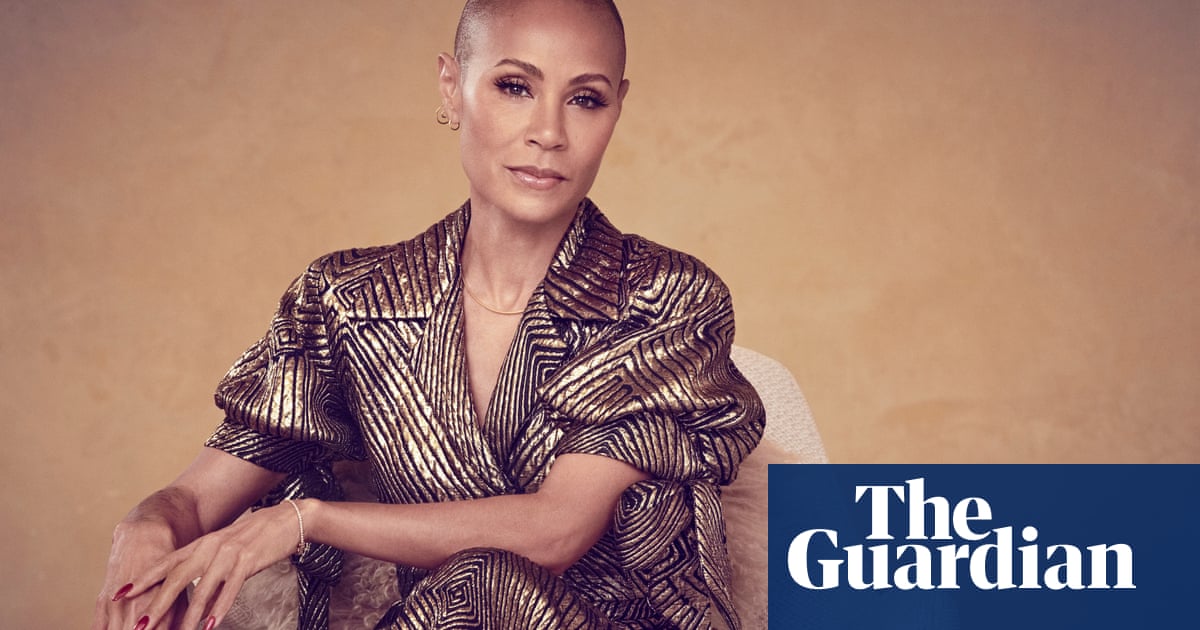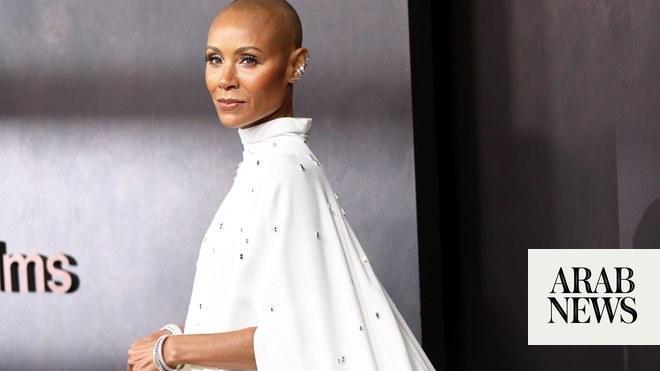
his will likely go down as one of the most dramatic years in recent history. So much so, that Jada Pinkett Smith sitting across from her husband Will Smith, to discuss a romantic relationship she had with the musician August Alsina while they were married, is unlikely to even rank in the top 10 most surreal moments.
The couple candidly discussed their relationship on her web series Red Table Talk last week, a conversation that was watched by more than 15 million viewers in the first 24 hours. Aside from shedding light on the inner workings of the Pinkett-Smith marriage and making “entanglement” a strong contender for the Oxford English Dictionary’s word of the year, the 13-minute clip encompassed the encroaching reality-tellyfication of our everyday lives.
Once upon a time, airing your personal affairs to strangers gawking on the other side of a screen was characterised as a desperate, much-maligned shortcut to success for those who could do little else. I distinctly remember the public disdain at those who “ended up” on Big Brother, said with a sigh as if taking part was a last resort. The prevailing belief was that only a particular type of attention seeker would want their every mundane move documented. Fast forward a decade or so, and it is no longer deemed cheap or crass, rather something we do willingly, often on a near daily basis online. The stigma of reality TV oversharing has ultimately evaporated due to social media; research shows that three times as many eight- to 12-year-olds want to be YouTubers as they do astronauts. None of us is above it – especially not celebrities.
In many ways, social media is the new reality TV. Influencers receive a similar “famous for being famous” scorn that was once aimed at the “wannabes” who took part in reality shows. Now, though, to whatever degree we participate, most of us are content creators as well as consumers. We document, edit and upload our daily lives for the consumption of others; at times, for people we don’t know at all. Celebrities, influencers and everyone else besides are now able and willing to do the same from the comfort of their own homes, but without the fear of an edit they haven’t signed off on.
Pinkett Smith would have once had to don her best two-piece and dour expression for a Diane Sawyer special to explain her actions, but now she can simply grill herself on her own platform, on her own terms. This in part, it has been argued, explains the slow death of the celebrity profile; famous faces are no longer forced to tell their sides of stories to journalists, since they can tell it themselves on Instagram live, or make amends through a screenshotted apology via the now infamous iPhone Notes app. In the case of the Pinkett Smiths, they addressed the rumours by staging their very own reality-style Red Table Talk reunion, immediately setting a new record for the most views in 24 hours for a broadcast on Facebook Watch. They were able to set the record straight the way they saw fit – and reap the financial benefits of doing so.
One could argue that the compulsion to divulge – and in such detail – comes down to the couple being as famous as they are, but that would ignore a much broader trend. We are actively surveilled, inviting cameras into our homes daily to capture some of our most private moments via our own self-styled series of MTV Cribs. It has long been our new normal; the difference is that, unlike with reality TV, the cameras never stop rolling and the seasons never end. Once Keeping Up With the Kardashians wraps up for the year, we can watch the fallout continue on Twitter.
The symbiotic relationship between reality TV and social media is only growing and will shape the future of the genre more and more. Earlier this month, a feud broke out between two competing TikTok “collab houses” (Los Angeles-based mansions where gen Z TikTokkers live and collaborate with each other in order to make content), named Sway House and the Hype House respectively. Their altercation took place across every conceivable social media platform and culminated in a final face-to-face confrontation, dubbed the “TikTokalypse”. The ridiculous scenes were ripped right out of a reality TV script, with an immersive real-time twist.
This has not been lost on eagle-eyed producers: the New York Times recently reported that “over the past few months, every major TikTok collective has already taken steps to pursue a potential reality show”. Reality TV blurred the line between reality and entertainment long ago; social media will only obliterate these evaporating distinctions further. How’s that for entanglement?












